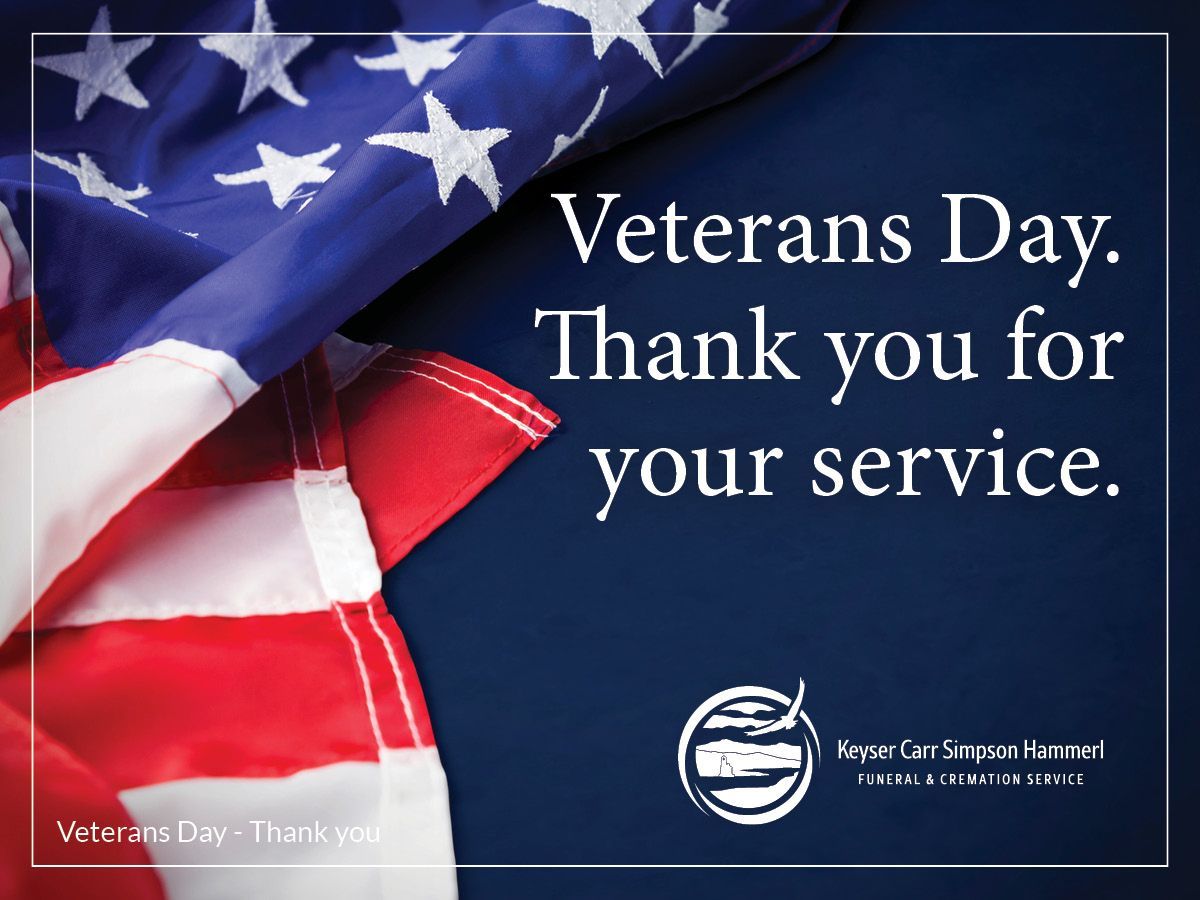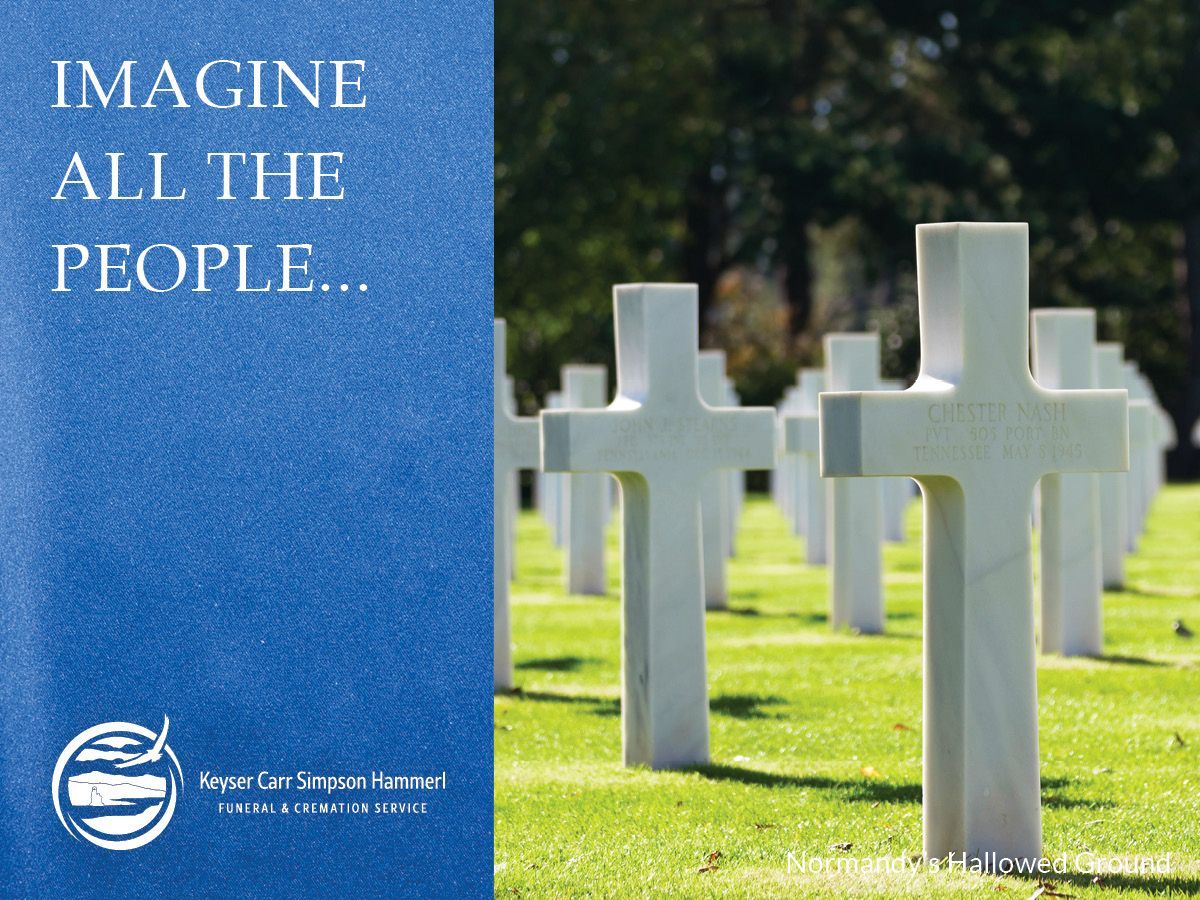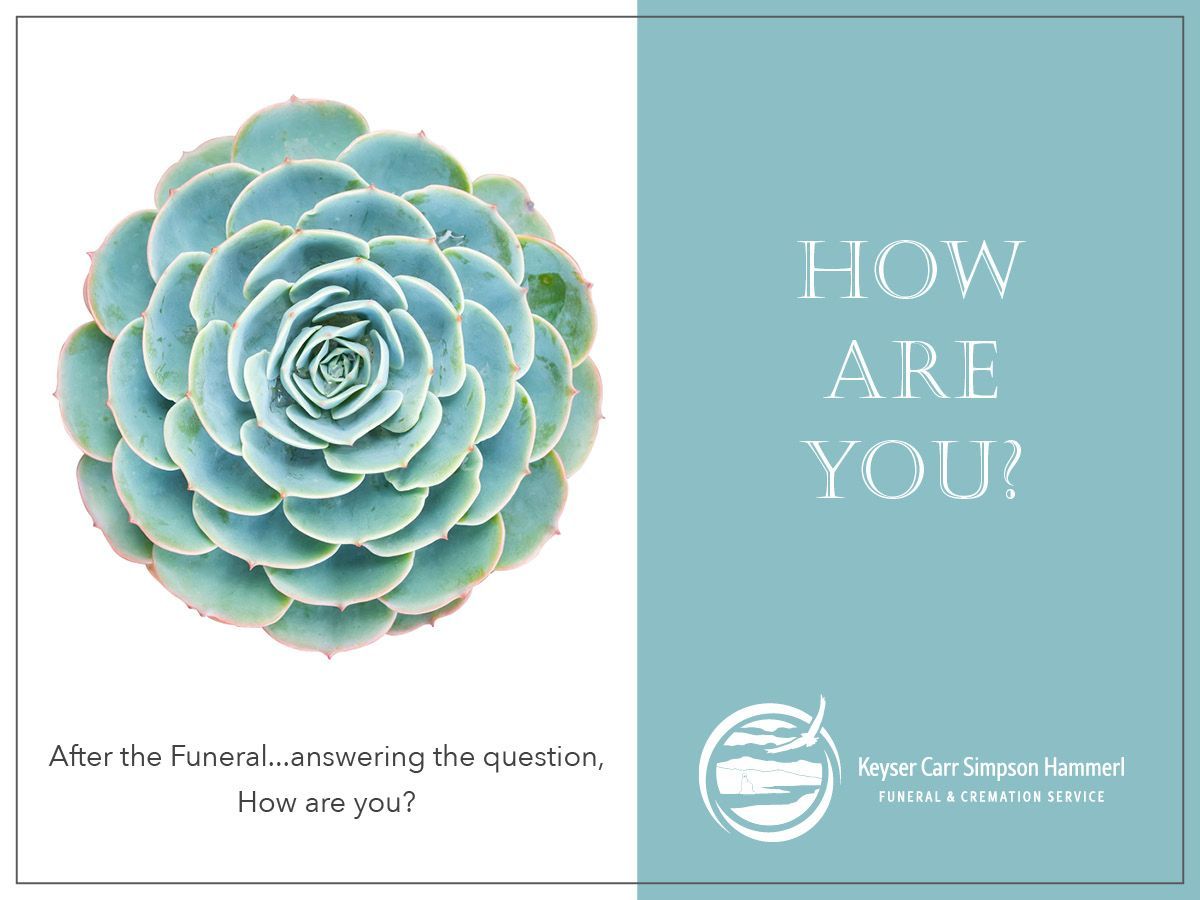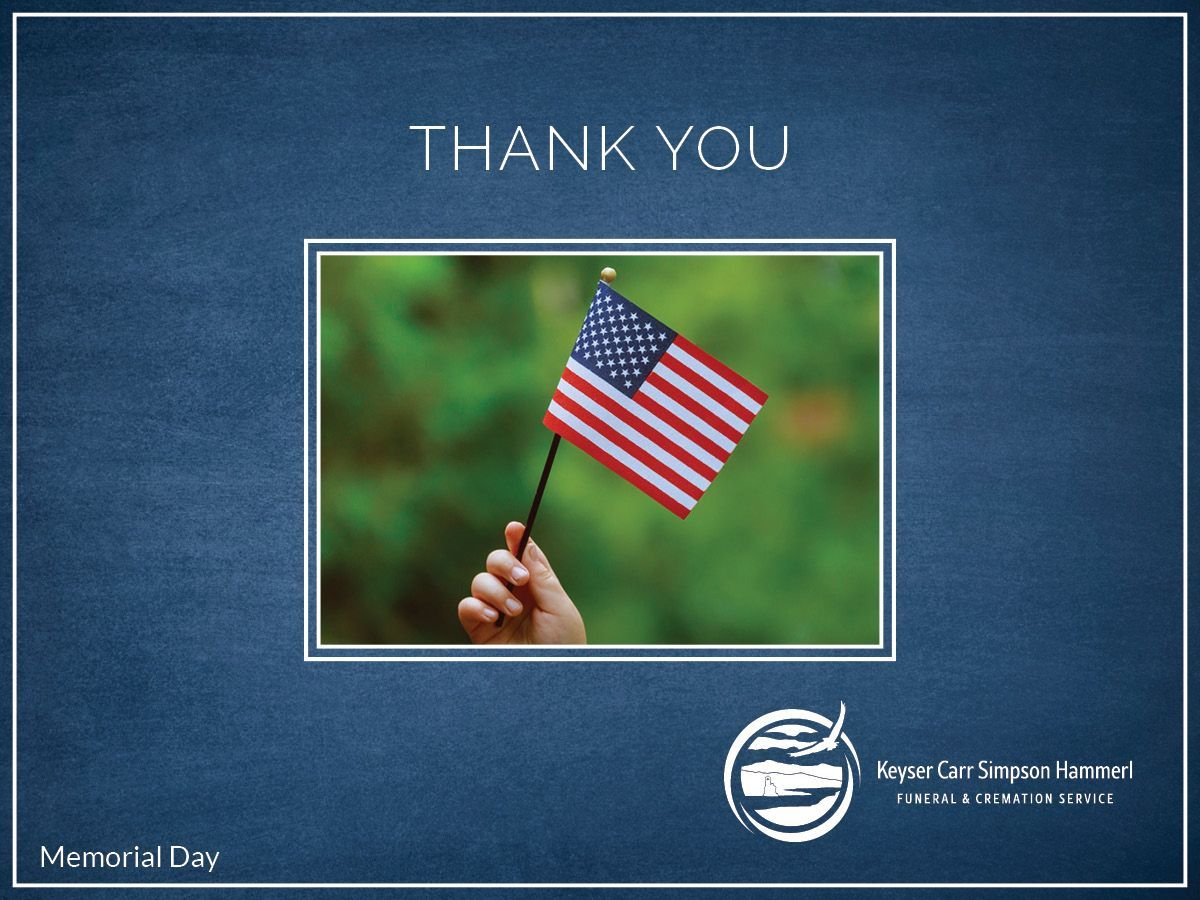How to Say the Right Thing at a Funeral
How to Say the Right Thing at a Funeral
First, take a deep breath and relax. We all worry that we’ll say the wrong thing.
Second, know that you don’t have to be eloquent. While we wish it were so, you can’t make everything all better with a few words.
Here are a few simple ideas to keep in mind to be sure you say the right thing when attending a funeral.
Don’t underestimate the power of your presence.
It’s important. Just being there says more than you can know.
Keep your words simple.
“I’m sorry for your loss” may be all that is needed.
Share your story.
If you have a brief anecdote about how you interacted with the deceased, share it. Knowing how her sister lit up her workplace may just be the most comforting thing a mourner can hear.
Use the deceased person’s name.
“Mary always made me laugh.” “John had the longest drive, too bad it wasn’t always straight.” “We always knew when Big Bad Byron was in the plant, everyone was on their toes.” “Nobody made better chocolate chip cookies than your mother.”
Avoid using common platitudes.
Resist the temptation to tell the bereaved how they must feel -- “grateful that he is in a better place,” “relieved that his suffering is over,” “grateful for a long life,” etc.
We don’t know how that wife, husband, mother, son, or daughter actually feels. Just say you’re sorry for their loss.
Let them tell you how they feel and accept it with a nod or hug.
Don’t forget about listening.
Listen to understand, not just to hear. Listen to show you care, not to judge. Listen with love, even when you’ve heard the story before.












